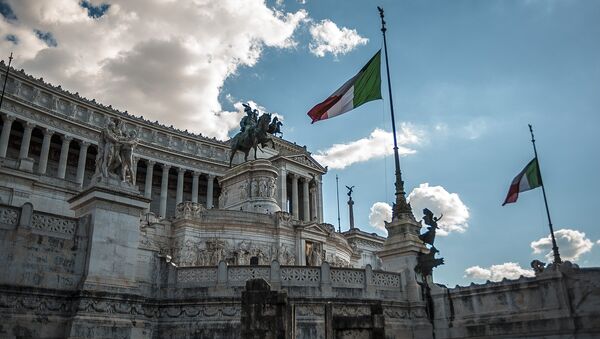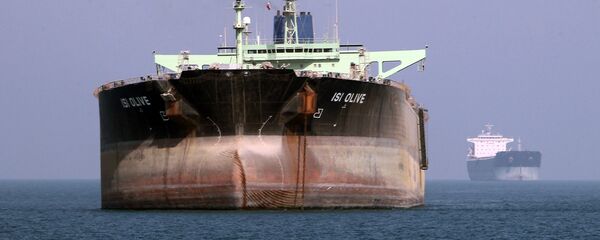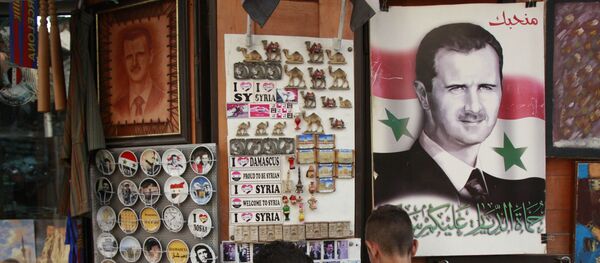The agreement on migrants has overshadowed the news of sanctions, which received scant coverage in the Italian media. However, the decision to extend sanctions against Russia again did not escape the ire of agriculturalists and small business owners, who had compelled their regional legislatures to condemn the sanctions at the local level.
READ MORE: Irish Prime Minister Confirms EU Council Agreed to Prolong Anti-Russia Sanctions
For several days, Italian Prime Minister Giuseppe Conte openly spoke in Parliament about the changing of the political line regarding the issue of sanctions. The new coalition government was in favor of ending sanctions against Russia, so why did Italy retreat in that decisive moment? Sputnik discussed this with Lorenzo Valloreja, author of the book "Out of Prejudice" ("Al di là del pregiudizio").
Sputnik: The EU has extended anti-Russian sanctions for another six months. Italy, despite statements made by Deputy Prime Minister Salvini and the government, didn't veto the vote. Why did Italy miss this opportunity?
Sputnik: Meaning?
Lorenzo Valloreja: In Italy, we now only talk about the flows of migrants from Libya, a country split in two. Italy is in contact with the Western government in Tripoli, and Putin is closely cooperating with the government in Tobruk. Even if Italy sends 12 ships to Libya, the separated eastern part will still remain, while Italy is interested in a strong and united country. And the mediator for a possible subsequent reunification of Libya can be Russia. But Italy will not be able to ask for Russia's help in uniting the country if Italy behaves like the rest of the EU countries, that is, as an enemy of Russia.
Sputnik: Why did Italy concede in the issue of sanctions at the European summit?
Lorenzo Valloreja: In the middle of July, there will be a meeting between Putin and Trump in Helsinki, there will be talks on acute issues, primarily on sanctions. If Italy had behaved like a "guerrilla" in the heart of the EU, had vetoed and persuaded the rest of the countries to lift sanctions against Russia, it would've caused a serious blow to the US. In the current situation, the Americans will again show their power and will themselves be able to propose the lifting of sanctions. When Trump proposed re-opening the G7 for Russia, he received support from Conte.
READ MORE: German Economics Ministry: US Pledges No Sanctions on Russian Pipelines
Italy gave slack. The United States will come to the meeting with Russia in Helsinki, confident in their strength because there are sanctions against Russia, which can be used to manipulate Moscow. Conte spoke about sanctions in Parliament but did not move from words to actions and this calls into question the seriousness of his government's statements.
Sputnik: Will Italian policy towards Russia really change only after the EP elections in 2019?
Lorenzo Valloreja: It's becoming clear that the government doesn't have clear international goals. If in Helsinki Trump will do us a favor and lift sanctions, perhaps Italy will be able to move more confidently in this direction. However, we cannot depend on the United States. Italy had a trump card in her hands — the veto, it had to use it at all costs.
Sputnik: Could Italy play the fundamental role of a mediator between the EU and Russia?
Lorenzo Valloreja: It could, but it must prove this with actions. I'm Italian, and some situations disgust me. The right and left-wing government said it would cancel sanctions, but it didn't and how does this make us look?
Sputnik: Obviously, Italy cannot act independently; it depends too much on the decisions of other countries, doesn't it?
The views and opinions expressed by the expert do not necessarily reflect those of Sputnik.



